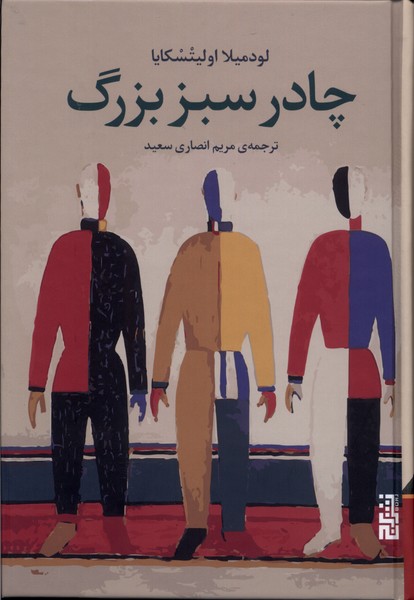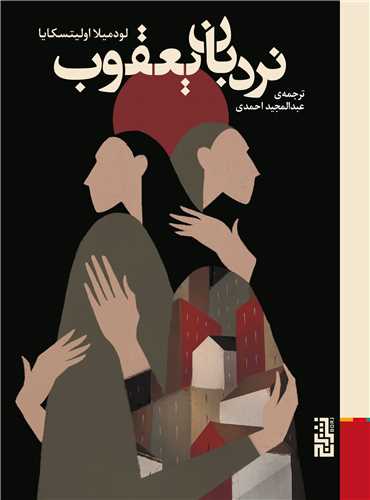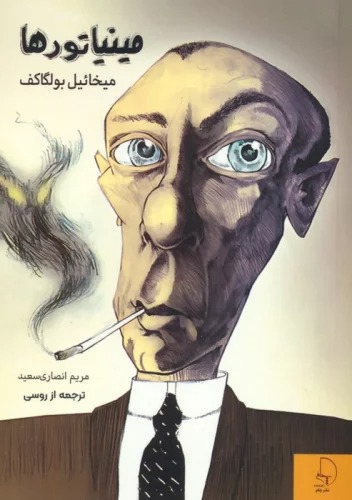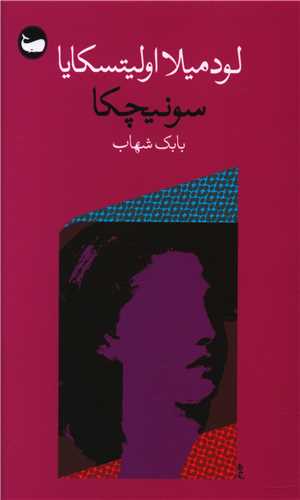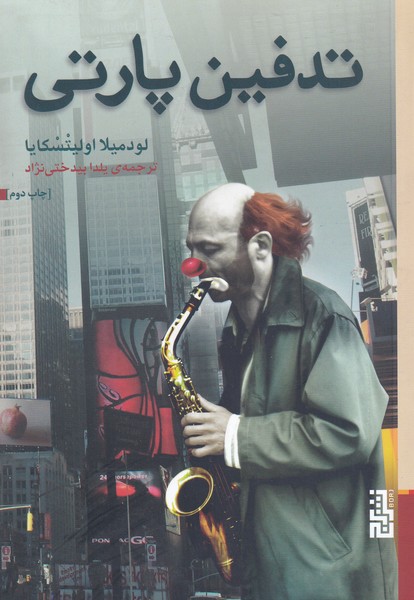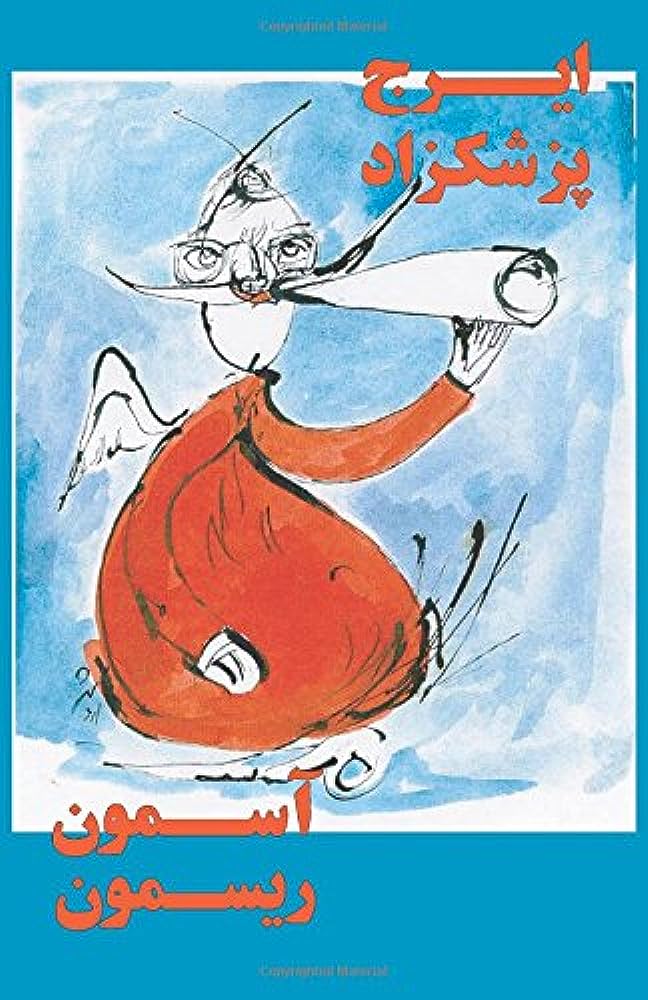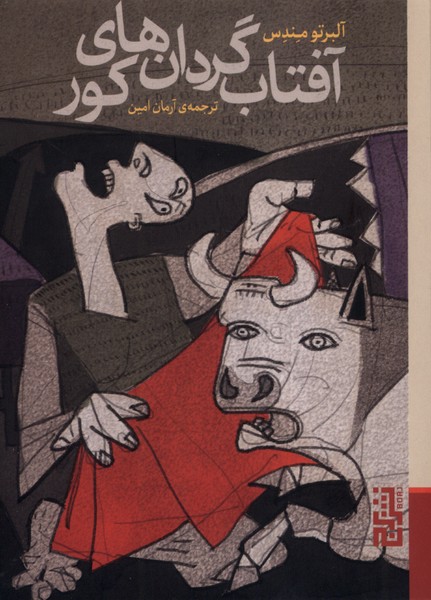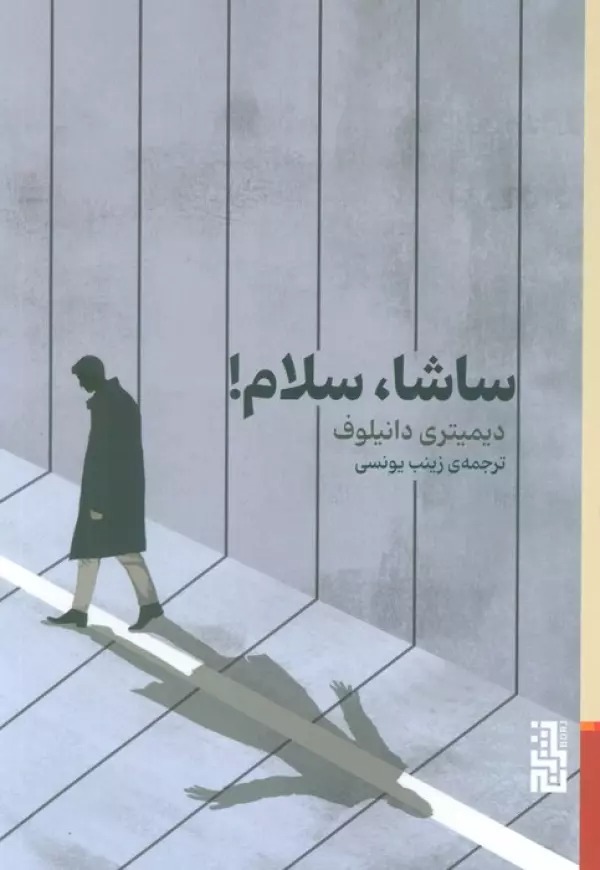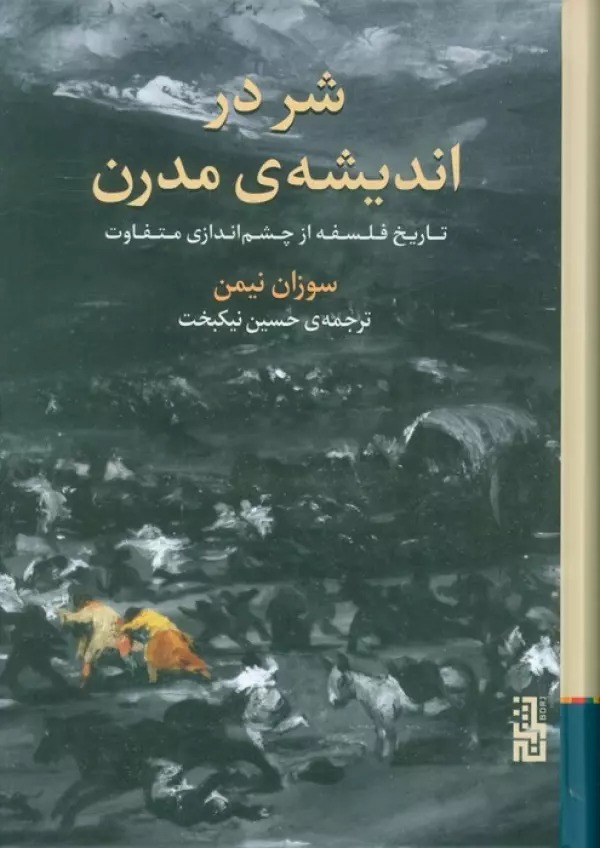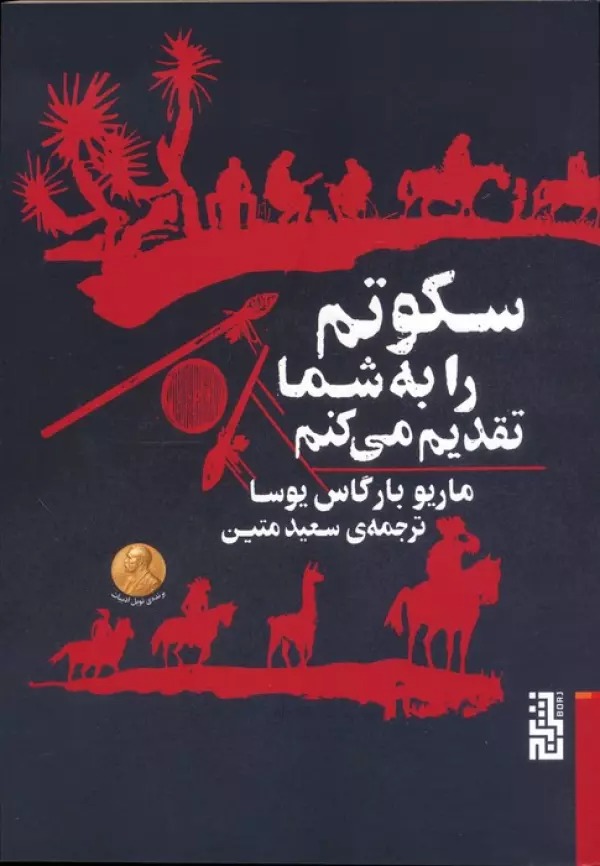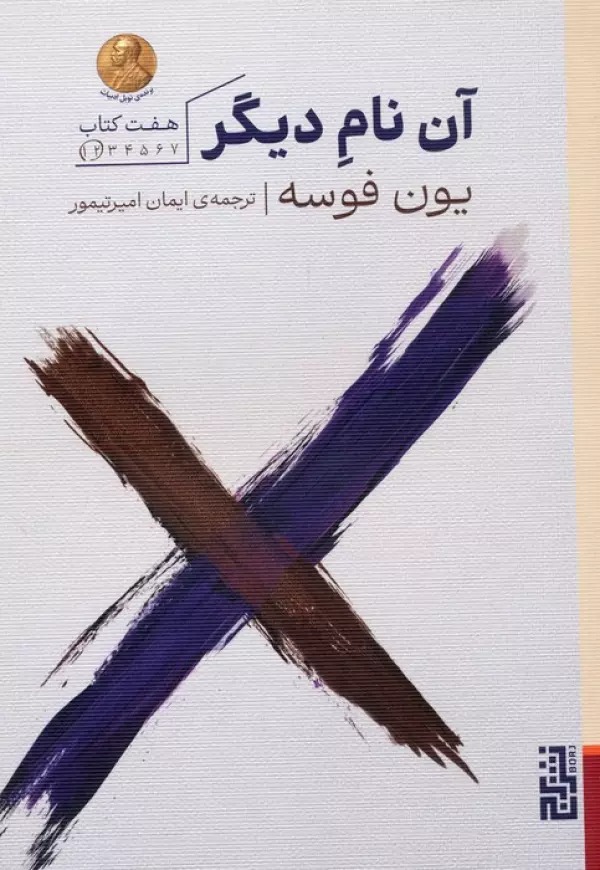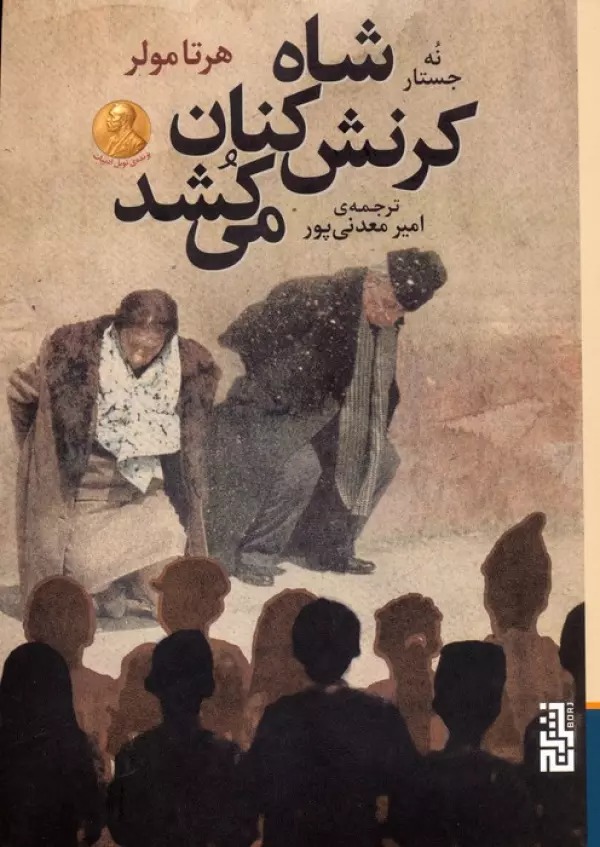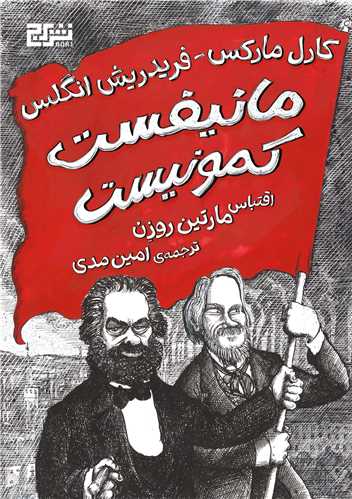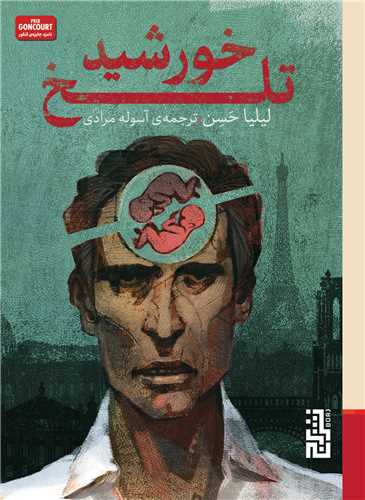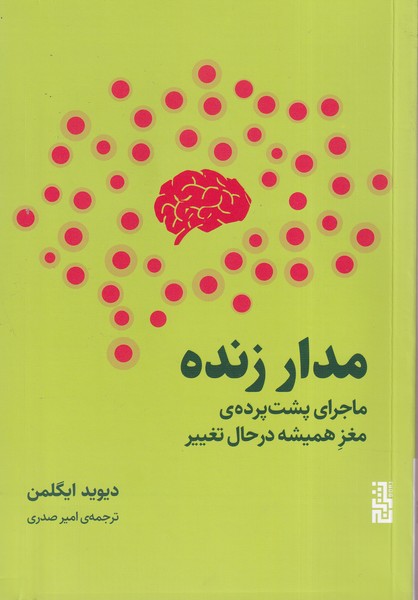چادر سبز بزرگ فارسی 1401
Chādur-i sabz-i buzurg
21٫06 £
اشتراکگذاری
Wishlist
شابک:
9786227280517
مترجم:
Maryam Anṣārī sa'īd
ناشر:
Burj
گروه سنی:
بزرگسال
صفحات:
612
وزن:
616 g
ابعاد:
14 x 21 x 7 cm
جلد کتاب:
جلد سخت
The time of Stalin's death was the beginning of the end of all those things that led the greatest revolution in history after the Neolithic age to a path where prison, torture, exile, execution, and assassination were an integral part of it. The people in the Soviet Union had not yet had the chance to face the October Revolution itself with all its blessings and sufferings. For more than three decades, they were trapped in the power of a man who used to overthrow his executioners from Tehran to Mexico City to kill critics and opponents, and no one, ever, from Their hands was not safe. Therefore, the moment when the news of Stalin's death officially reached the ears of the Soviet people, there were such conflicting feelings in everyone as if everyone was asking themselves: "Is his death good or bad for us?" The book "Big Green Tent" is the story of "Lyudmila Ulitskaya" about the confrontation of Soviet citizens with the death of Comrade Stalin. A friend who was never a good and honest friend to any of his friends! This novel is the story of those who think that after Stalin maybe life will be better and it is possible to fight for freedom and talk with power, but we all know that all of them, those freedom-loving men and women, those intellectuals, those poets, writers, filmmakers, Musicians, painters, photographers, etc., under the sky of post-Stalin Russia, outside and inside the houses, were in a situation where the lie imposed itself on them and everything was such that all conversations were fearful, quiet and mixed with a lot of tremors. Three friends, three comrades, in the big green tent, grew up in the post-Stalin days and want to experience freedom, at a time when awakened consciences have been spared from power to teach them how to be heroes and remain heroes. Ulitskaya's great novel is their narrative, the artists of the Soviet Union who, after the interruption of dialogue, waited for a long time for the power to resume the dialogue with them, or at least those who wanted to survive, but clearly, very little power. He would engage in conversation and keep them confused and looking at them in silence and sometimes howling. As "Joseph Brodsky" said: "The system did not make mistakes from the top to the bottom, and therefore, as a system, it should be proud of itself." The heroes of the big green tent try to be heroes, but is it possible? If you can get lost in modern metropolises, in a system whose one mission is to prevent getting lost, your isolation and alienation create a situation where the voice in your head is no longer your own voice, it is the voice of power, a power that does not talk to you but in your mind. And your tongue is at home and does not go out.
more
زمان مرگ استالین، آغاز پایان همهی آن چیزهایی بود که بزرگترین انقلاب تاریخ پس از عصر نوسنگی را به بیراههای کشاند که زندان، شکنجه، تبعید، اعدام و ترور، بخش جداییناپذیرش بود. مردمی که در شوروی هنوز فرصت نکردهبودند با خود انقلاب اکتبر با همهی مواهب و مصائبش روبرو شوند، بیش از سه دهه در چنبرهی قدرت مردی گرفتار شدند که برای قتل منتقدان و مخالفان، جلادانش از تهران تا مکزیکوسیتی را زیرورو میکردند و هیچکس، هیچوقت، از دست آنها در امان نبود. ازهمینرو درست در لحظهای که خبر مرگ استالین رسما به گوش مردم شوروی رسید، چنان احساسات متناقضی درون همه جریان داشت که گویی همگان از خودشان میپرسیدند: «مرگ او برای ما خوب است یا بد؟» کتاب «چادر سبز بزرگ» داستان «لیودمیلا اولیتسکایا» از مواجههی شهروندان شوروی با مرگ رفیق استالین است. رفیقی که هیچگاه رفیق خوب و صادقی برای هیچکدام از رفقایش نبود! این رمان حکایت آنهاست که فکر میکنند پساز استالین شاید زندگی بهتر خواهد شد و میتوان برای آزادی جنگید و با قدرت گفتوگو کرد، اما همهی ما میدانیم که همهی آنها، آن زنان و مردان آزادیخواه، آن روشنفکران، آن شاعران، نویسندگان،، فیلمسازان، نوازندگان، نقاشان، عکاسان و ... زیر آسمان روسیهی پسااستالین هم، بیرون و درون خانهها، در وضعیتی بودند که دروغ خودش را به آنها تحمیل میکرد و همهچیز چنان بود که همهی گفتوگوها، ترسان، آرام و با لرزش بسیار عجین بود. سه دوست، سه رفیق، در چادر سبز بزرگ، در روزهای پساز استالین بزرگ شدهاند و میخواهند آزادی را تجربه کنند، آنهم در زمانهای که وجدانهای بیدار کمی از دست قدرت در امان ماندهاند تا چگونگی قهرمانبودن و قهرمان ماندن را یادشان دهند. رمان بزرگ اولیتسکایا، روایت آنهاست، هنرمندان اتحاد جماهیر شوروی که پس از انقطاع گفتوگو، مدتهای مدید منتظر میماندند تا قدرت از نو گفتوگو را با آنها از سر بگیرد، یا لااقل آنها که میخواستند زنده بمانند، اینگونه بودند، اما بهوضوح، قدرت خیلی کم تن به گفتوگو میداد و در سکوت و گاهی زوزه، مشوش نگهشان میداشت و نگاهشان میکرد. همانطور که «ژوزف برودسکی» میگفت: «سیستم از صدر تا ذیل خطایی نمیکرد و از همین رو در مقام سیستم باید به خودش مفتخر باشد.» قهرمانان چادر سبز بزرگ، سعی میکنند قهرمان باشند، اما آیا این ممکن است؟ اگر در کلانشهرهای مدرن، میشود گم شد، در سیستمی که یکی از مأموریتهایش جلوگیری از گمشدن است، تکافتادگی و غربت تو، وضعیتی را میسازد که صدای توی سرت دیگر صدای خودت نیست، صدای قدرت است، قدرتی که با تو گفتگو نمیکند اما در ذهن و زبان تو خانه کرده و بیرون نمیرود.
more

